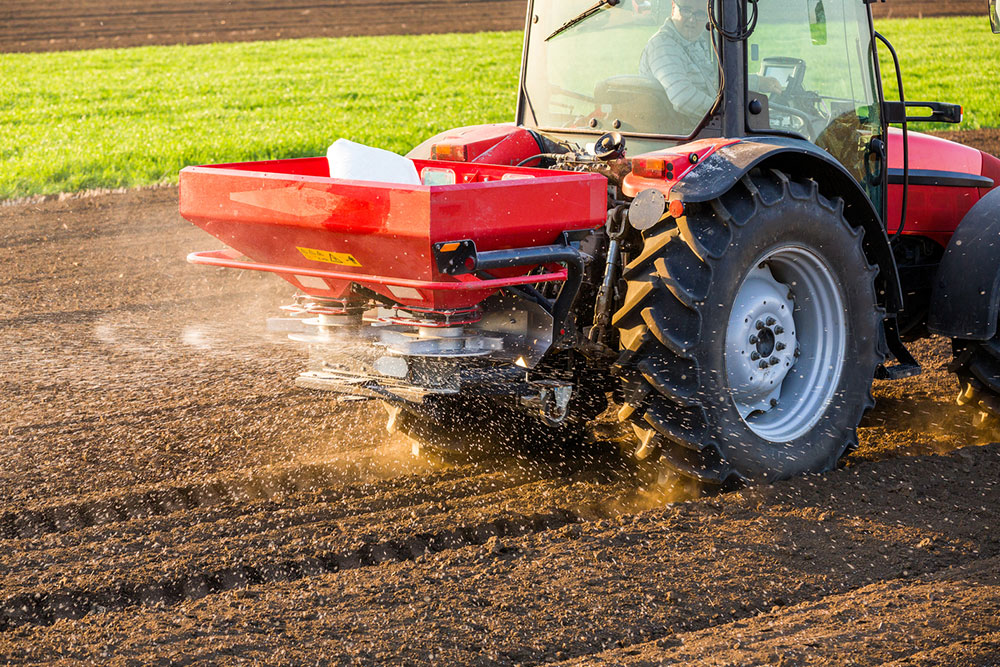Complete guide to horticultural tractors for farming needs

In the search for the right horticultural tractor for farming needs, navigating the multitude of options can be overwhelming. These specialized machines streamline tasks like plowing, planting, and harvesting. Such tractors come in different types and sizes, each designed for specific purposes. Understanding their features and choosing the right size and horsepower ensures optimal performance. Keep reading to learn more about the diverse functions of horticultural tractors and things to consider before buying one.
Horticultural tractors – functions and types
Horticultural tractors are specifically designed for use in agriculture and gardening tasks. They are versatile vehicles that can handle various horticultural tasks, making them essential tools for farmers, gardeners, and landscaping professionals. Here are some key functions of horticultural tractors-
- Tilling- Horticultural tractors are equipped with tillage equipment such as plows, disc harrows, and cultivators. These attachments help prepare the soil for planting, break up weeds and old crops, and improve soil structure.
- Mowing and cutting- Tractors designed for horticultural use often come with mowers, brush cutters, or hedge trimmers. These attachments help maintain lawns, trim hedges, clear brush, and manage vegetation.
- Spraying and fertilizing- Many horticultural tractors have spray tanks and boom sprayers attached. These tractors are ideal for applying pesticides, herbicides, and fertilizers to crops or gardens.
- Material handling- Some horticultural tractors come with front-end loaders or forklift attachments. These enable you to move heavy materials, such as mulch, gravel, or bales of hay.
Things to consider when buying a horticultural tractor
Here are the key factors to consider when buying a horticultural tractor-
- Purpose- Determine the primary purpose of the tractor. For those planning to use it for mowing, tilling, hauling, or other specific tasks, it will help them choose the vehicle with the right features and attachments.
- Size and maneuverability- Consider the land’s size and any limitations, such as narrow paths or tight corners. Opt for a tractor size that can easily navigate any terrain without causing any damage.
- Horsepower- The horsepower of the tractor is crucial in determining its performance. Consider the horsepower required for specific tasks and choose a tractor with sufficient power to handle them efficiently.
- Transmission- Choose between manual and automatic transmission based on one’s comfort level and the tasks one will be performing. Manual transmissions provide better control, while automatic transmissions offer convenience.
- Brand and reputation- Research different brands and their reputation for producing reliable and durable tractors. To ensure quality, look for customer reviews and feedback and invest in a popular brand.
- Budget- Determine the budget and compare prices across different brands and models. Don’t forget to consider the long-term costs of maintenance and repairs.